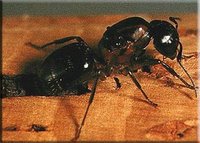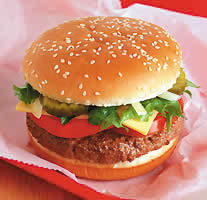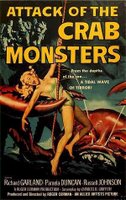

Some nerve.
You take several tons of dead wood and assemble them into a house and then you see termites.
But what's a termite to think? They were here a long time - millions of years - before you were and they eat dead wood.
So building a big pile of dead wood is an open invitation to termites. They're very myopic and probably don't recognize that they're gnawing into an artificial structure. But even if they had sharp eyes and bigger brains the house wouldn't look very different from a freshly felled tree trunk.
At some point ants appear. They're foraging and find a place with water and carbohydrates of all kinds. (Your kitchen).
Again, ants have been looking for food since the dawn of time and they're just acting naturally. Same goes for earwigs, silverfish, centipedes, spiders, bees, wasps, and most other insect intruders.
Humans are semi-responsible for two vermin. Wherever we go cockroaches and rats follow. The brown and German roaches only live in proximity to people. Rattus rattus also doesn't venture far from our inevitable squalor.
Blattus and Rattus probably aren't conscious of humans either.
It's like some super-intelligence built McDonalds' on every corner for reasons we can't comprehend, and then tried to crush us or kills us with nerve gas every time we went there for a Quarter Pounder.


